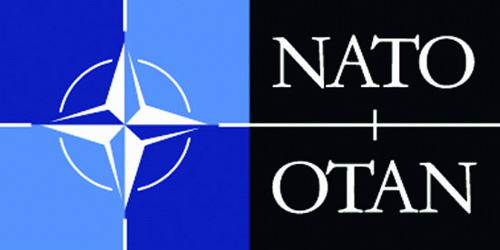
From Tomas Teleky, atlantic-community.org: As the 2012 NATO Summit in Chicago approaches, NATO has a full current agenda that includes both tackling new threats and learning from its recent major operations. Ten years after its mission in Afghanistan began, NATO must apply the experience to its newest initiatives and use its lessons to inform the Alliance’s current priorities. . . .
NATO’s main focus should be on the following goals:
1. NATO must develop more rapidly deployable troops . . . With a major conventional attack on NATO is currently very unlikely, members must continue to develop quickly deployable armed forces which will be ready to respond to new threats and intervene in distant regions in a short timeframe. . . .
2. NATO must be able to access local resources in a variety of regions . . . NATO must be not only able to deploy its troops wherever required but must also have suitable support capabilities which reflect the character of particular geographical regions and the substance of the threats. . . .
3. NATO must continue reaching out to international organizations . . . Broader and deeper cooperation with relevant international organizations is inevitable. . . .
4. NATO must focus more on enhancing cooperation with Russia . . . NATO cannot afford to worsen relations with Russia because Russia still remains a strategic partner for NATO, and it must keep engaging Russia because Moscow will not be the one that takes the lead. . . .
5. NATO must ensure the Afghanistan transition is a success . . . NATO will continue to train Afghan army and police after the end of the transitional process and Afghanistan after 2014 will undoubtedly also need the financial help of NATO countries to meet its present challenges. . ..
Tomas Teleky is a member of the Slovak Atlantic Commission (SAC) and MA student at the Faculty of Political Sciences and International Relations, University of Matej Bel in Banska Bystrica, Slovakia.
Image: nato-otan_0.jpg
